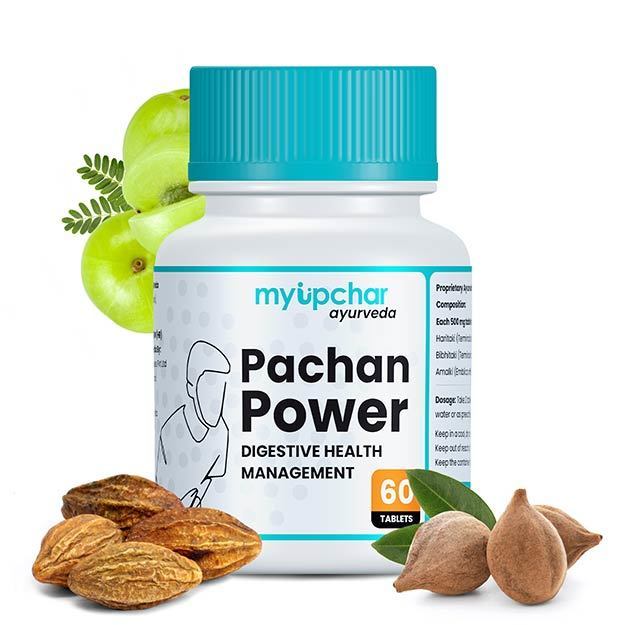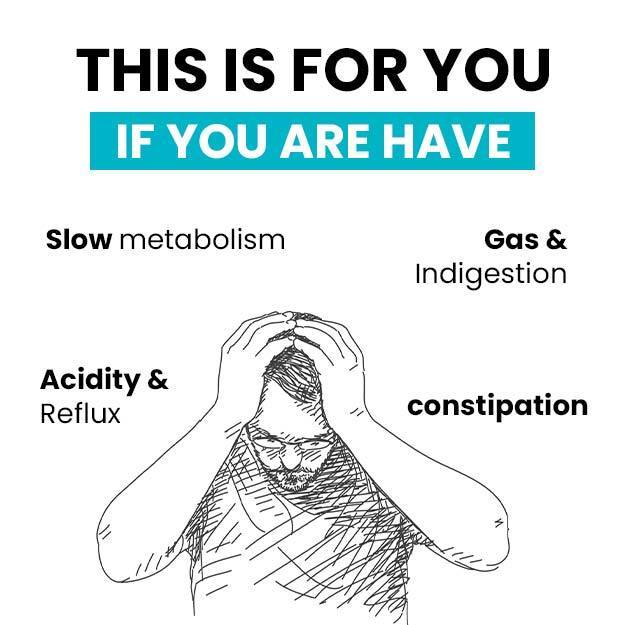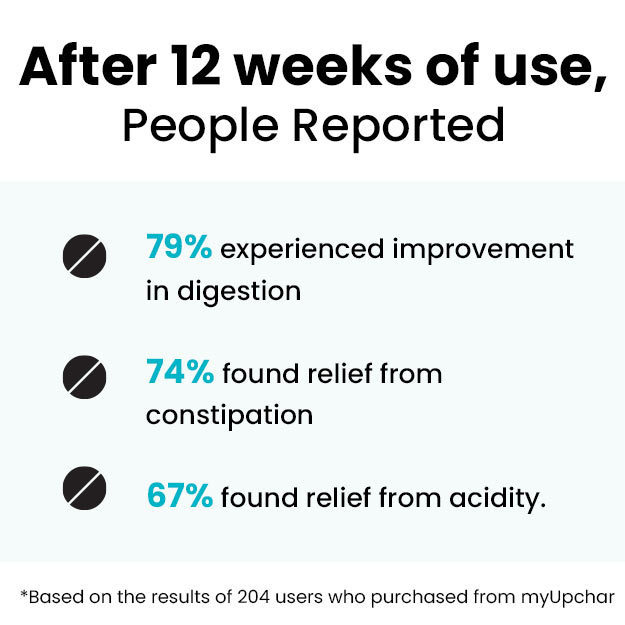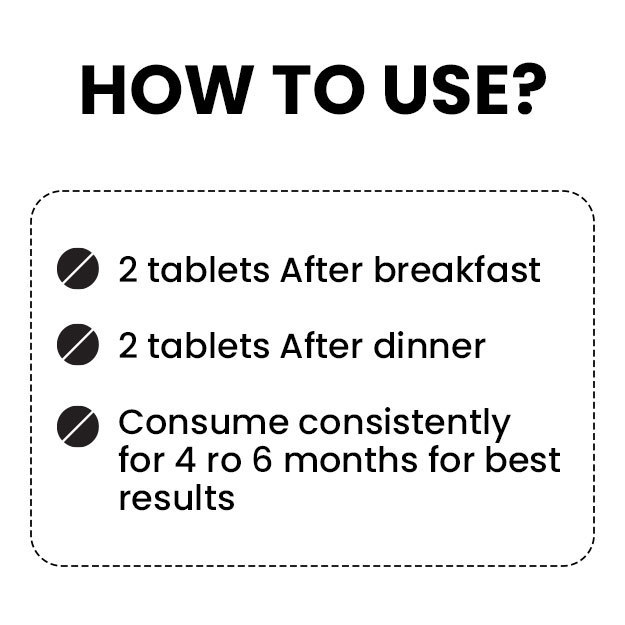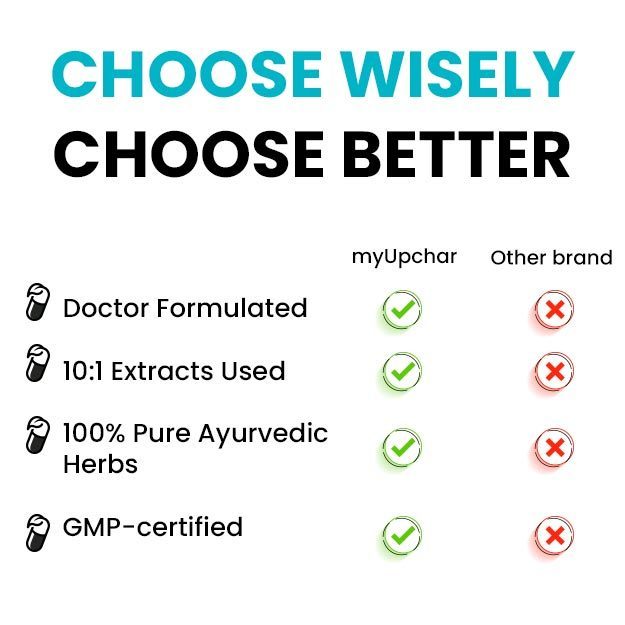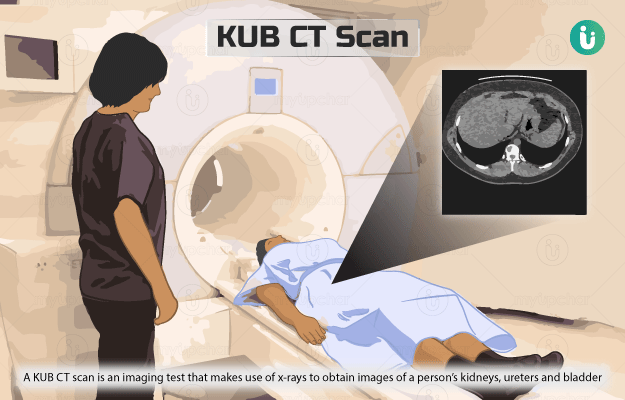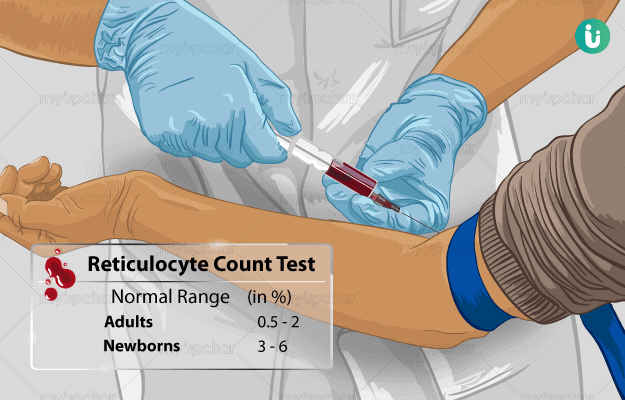What is Gastrin test?
Gastrin is a hormone that is secreted by the G-cells in the lower end of the stomach (the pyloric antrum), the first part of the small intestine (the duodenum) and the pancreas. It stimulates the secretion of gastric acid - a hormone that facilitates digestion - in the stomach.
Gastrin release is triggered by various factors such as chewing, smelling or tasting food; distension of the stomach due to the presence of food; reduced stomach acidity; and the presence of protein, calcium or alcohol in the stomach. When the stomach acidity increases, gastrin release is suppressed.
Gastrin test measures the level of the hormone gastrin in your blood. It is primarily used to diagnose gastrinoma (a gastrin-producing tumour) and Zollinger-Ellison syndrome. Zollinger-Ellison syndrome is a condition where one or more gastrinomas form in the pancreas and small intestine. These tumours release large amounts of gastrin, resulting in excess stomach acid and recurrent severe peptic ulcers (sores in the stomach and duodenum) that are difficult to treat.





